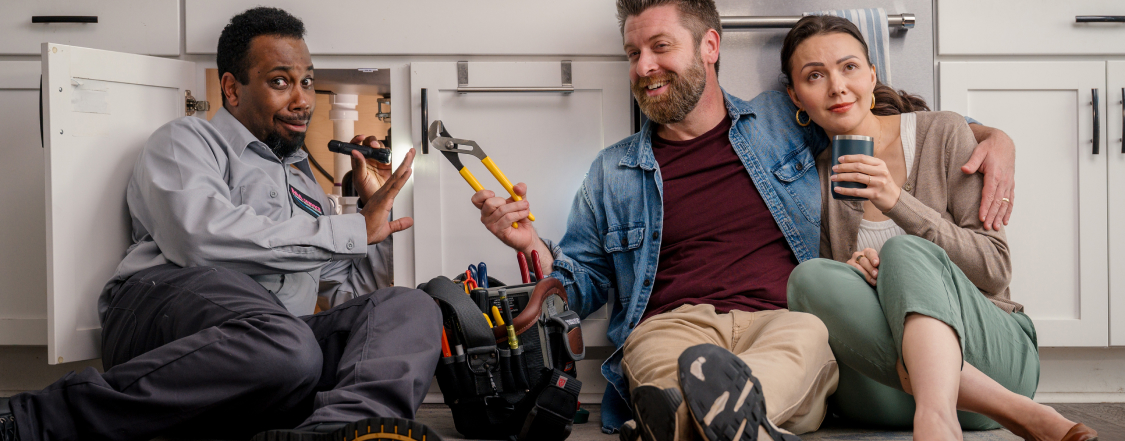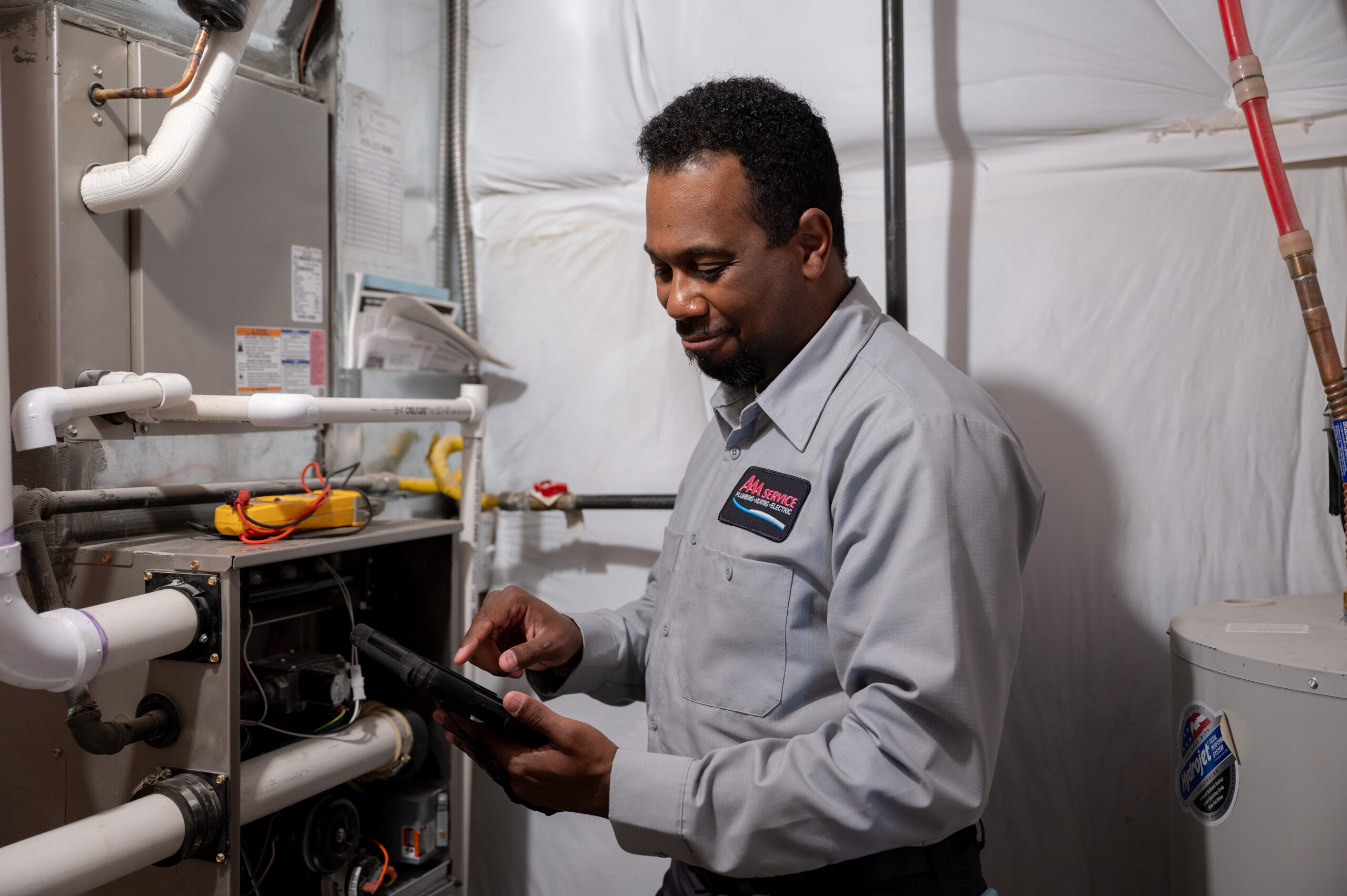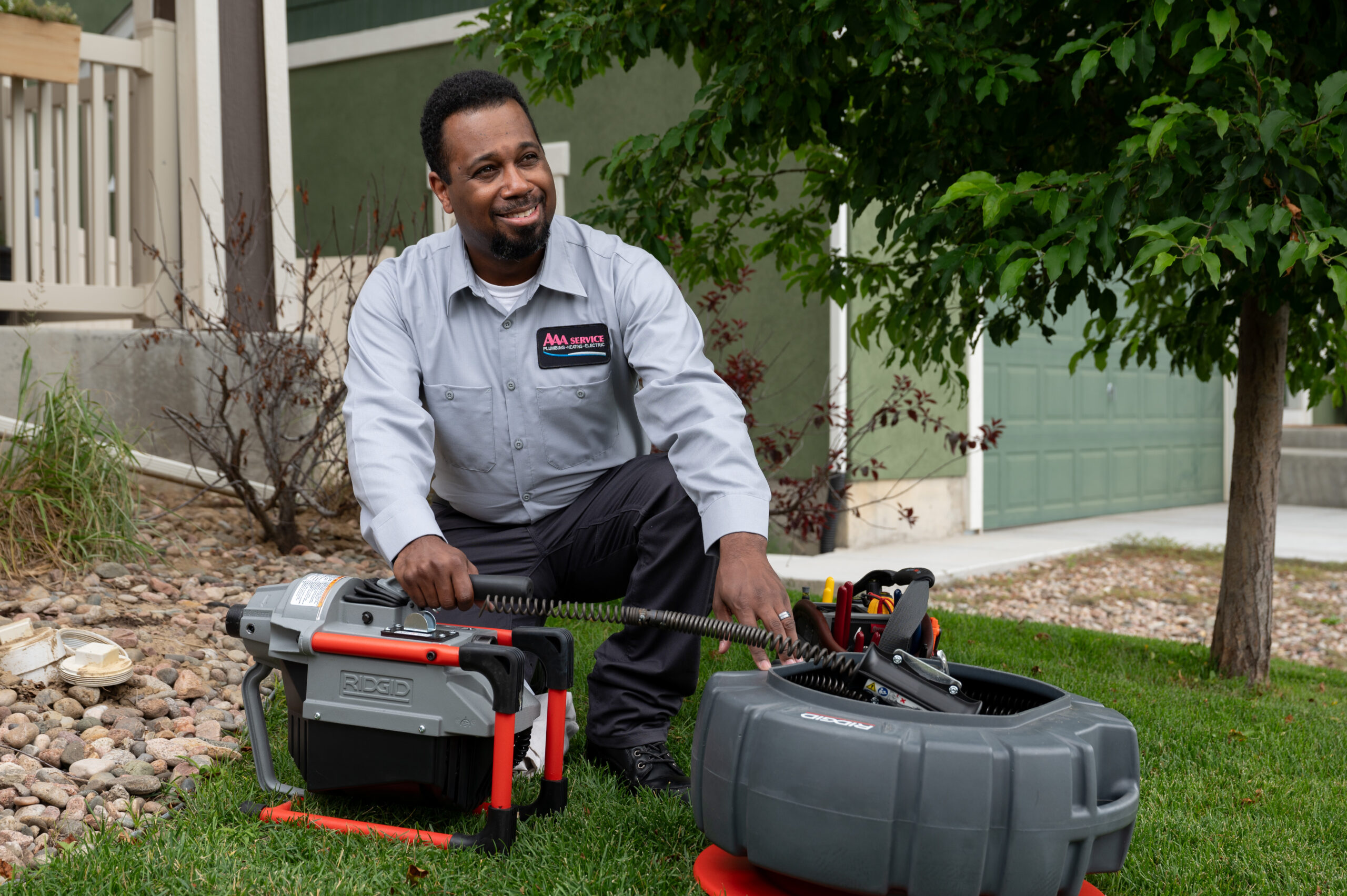As the seasons change and the temperatures drop, one crucial question often lingers on the minds of homeowners: “How much is a new furnace?” The furnace is the heart of your home’s heating system, ensuring your family stays warm and comfortable throughout the colder months. But like any major household investment, understanding the cost involved is vital before embarking on this journey.
In this blog, we’ll delve into the world of furnaces and explore the factors that influence their prices. Whether you’re considering a furnace replacement due to age, inefficiency, or a desire to upgrade to a more energy-efficient model, we’ve got you covered. By the end of this guide, you’ll have a better grasp of the costs involved and be better equipped to make informed decisions for your home’s comfort and energy efficiency.
How Does a Furnace Work?
A furnace is a crucial component of a home’s heating system, designed to provide warmth and comfort during the colder months. Understanding how a furnace works is key to appreciating its role in maintaining a cozy indoor environment. Here’s a simplified overview of the typical operation of a gas or oil furnace:
- Thermostat Control: The furnace heating cycle begins with the thermostat. When the indoor temperature drops below the desired setting, the thermostat sends a signal to the furnace to start heating the space.
- Combustion Process: In a gas furnace, the first step is to ignite the gas. In an oil furnace, it’s the oil that’s ignited. This ignition process usually takes place in the furnace’s burner assembly. Natural gas or oil is mixed with air and ignited, creating a controlled flame.
- Heat Exchanger: The heat generated by the combustion process is transferred to a heat exchanger. This component is crucial as it separates the combustion gases from the air that will be circulated throughout your home. The heat exchanger is typically made of metal and can withstand high temperatures.
- Air Circulation: A blower or fan, located in the furnace, pushes cold air from your home’s living spaces over the heat exchanger. As the air passes over the heat exchanger, it is heated by the hot metal. This now-warm air is what will be circulated back into your home.
- Distribution: The heated air is then distributed through a system of ducts or pipes that run throughout your home. It’s important to have a well-designed duct system to ensure even heating in all areas of your house.
- Ventilation and Combustion Byproducts: The combustion byproducts, such as carbon monoxide and other gases, are safely vented outside the home through a flue or exhaust pipe. Proper ventilation is essential to ensure the safety of the occupants.
- Repeat Cycle: As the indoor temperature drops again, the thermostat will signal the furnace to reignite, and the cycle continues as needed to maintain the desired temperature.
Modern furnaces often incorporate advanced features like variable-speed blowers, programmable thermostats, and energy-efficient technology to optimize heating efficiency and comfort. Understanding how your furnace operates can help you troubleshoot issues, perform routine maintenance, and make informed decisions about your home’s heating system.
Signs You Need a New Furnace
A furnace is a vital component of your home’s heating system, and recognizing the signs that you need a new furnace can prevent unexpected breakdowns and ensure the safety and efficiency of your heating system. Here are some common signs that it might be time to consider replacing your furnace:
- Age of the Furnace: Furnaces typically have a lifespan of 15-20 years. If your furnace is older than this, it’s more likely to experience frequent problems and reduced efficiency.
- Increasing Energy Bills: If your heating bills have been steadily increasing, even if your usage habits haven’t changed, it may indicate that your furnace is becoming less efficient. Newer, more energy-efficient models can save you money in the long run.
- Frequent Repairs: If you find yourself calling for furnace repairs more frequently, it may be more cost-effective to invest in a new furnace, rather than continuing to pay for repairs.
- Uneven Heating: Uneven heating throughout your home, with some rooms being too cold while others are too warm, could be a sign that your furnace is struggling to distribute heat effectively.
- Strange Noises: Unusual noises like banging, clanging, or rattling coming from your furnace are often signs of mechanical problems. These noises can indicate worn-out or damaged components.
When you notice any of these signs, it’s essential to consult with a professional HVAC technician to assess the condition of your furnace. They can provide guidance on whether repairs or a new furnace is the best course of action to ensure your home’s heating needs are met safely and efficiently.
How Much Does a New Furnace Cost?
The cost of a new furnace can vary significantly depending on several factors. On average, the price of a new furnace can range from $2,500 to $7,500, with some high-efficiency models reaching up to $10,000 or more.
To determine the precise cost of a new furnace for your specific needs, it’s essential to consult with HVAC professionals. They can assess your home, calculate the appropriate furnace size, and provide you with detailed quotes that consider all the relevant factors. Additionally, obtaining multiple quotes from different contractors can help you make an informed decision and find the best value for your budget and heating requirements.
Furnace Services in Colorado
At AAA Service Plumbing, Heating & Electric, we’re committed to ensuring your comfort and safety with top-notch furnace services. From expert installations and maintenance to speedy repairs, we’ve got you covered. Don’t let the cold catch you off guard—trust us to keep your home warm and cozy. Contact us today for all your furnace needs, and experience the warmth of exceptional service in every season.








